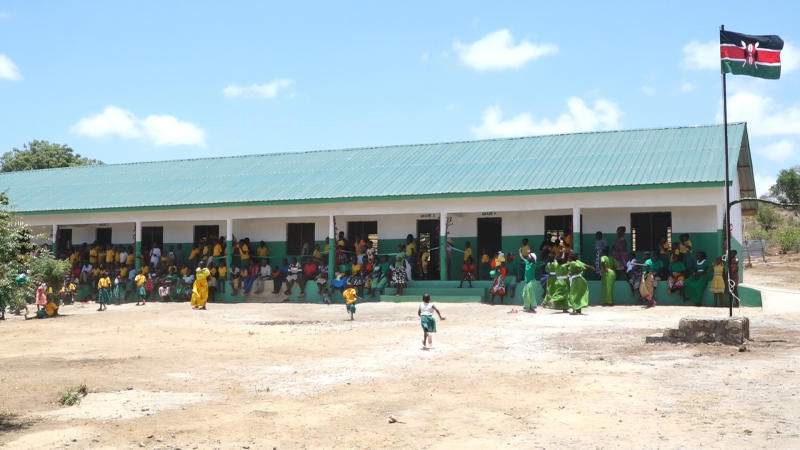×
The Standard e-Paper
Join Thousands Daily

Legacy is complicated. It is never manufactured ahead of the event. It is not about visible “hardware” achievements.
It must be felt by the everyday Kenyan who deserves “software” change in the long-term. The whole point of leading a nation is to make it better, not shinier.